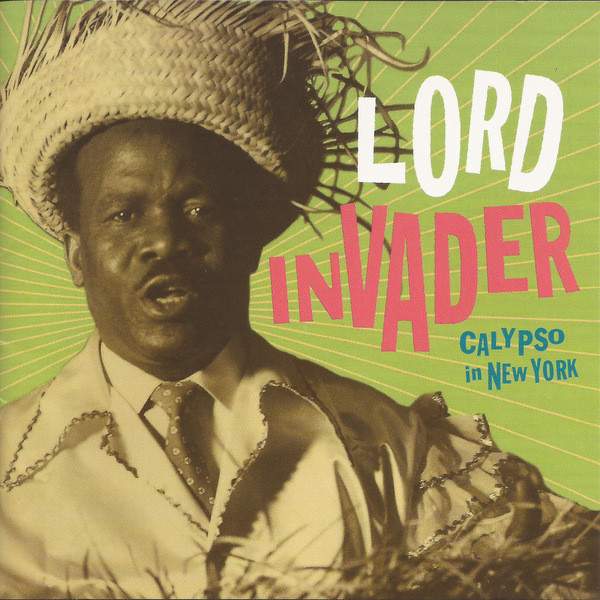This blog has been dormant for a long time, and I can’t explain why it’s rousing itself for this story, particularly—but then again I can’t say why not, either. The inspiration was really just one of those casual coincidences: yesterday I had occasion to speak by phone with two of the peerless staff at the Rinzler Archives of the Smithsonian Institution’s Center for Folklife and Cultural Heritage. I’m writing about Lord Invader’s years in the United States and his involvement with Popular Front politics and culture, and I had some questions about unreleased material from Invader’s recording sessions for Folkways Records in the late 1950s and early ’60s. Among other things, the Rinzler houses the Moses and Frances Asch Collection, and Invader cut dozens of sides for Moe Asch between 1945 (when he came to the States to pursue a copyright claim to “Rum and Coca Cola”) and 1961, committing his final tracks to tape a few months before his untimely death.
Between them, labels run by Asch and Emory Cook, whose collection also wound up under the Rinzler’s roof, issued some of the most significant bodies of recorded calypso of the mid-twentieth century; together those labels form the core of Smithsonian Folkways Recordings, which keeps the Folkways and Cook catalogs in print (well, print-on-demand) in their entirety and occasionally mines them—and their associated archival collections—for new compilations. (In fact, John Cowley compiled an essential selection of Invader’s output for Moe Asch for the 2000 CD Calypso in New York, Smithsonian Folkways SFW 40454.)

That evening, as I belatedly leafed through the day’s newspaper before bed, I came upon Margalit Fox’s obituary for famed graphic designer Ivan Chermayeff, who created iconic logos for (among others) Chase bank, Mobil Oil, New York University, and…the Smithsonian.

In the 1950s, Chermayeff cut his teeth designing album covers for Columbia, Command, and others—but not for Cook or Folkways. No calypso albums, either, as far as I know. The universe is rarely that liberal with its coincidences.


